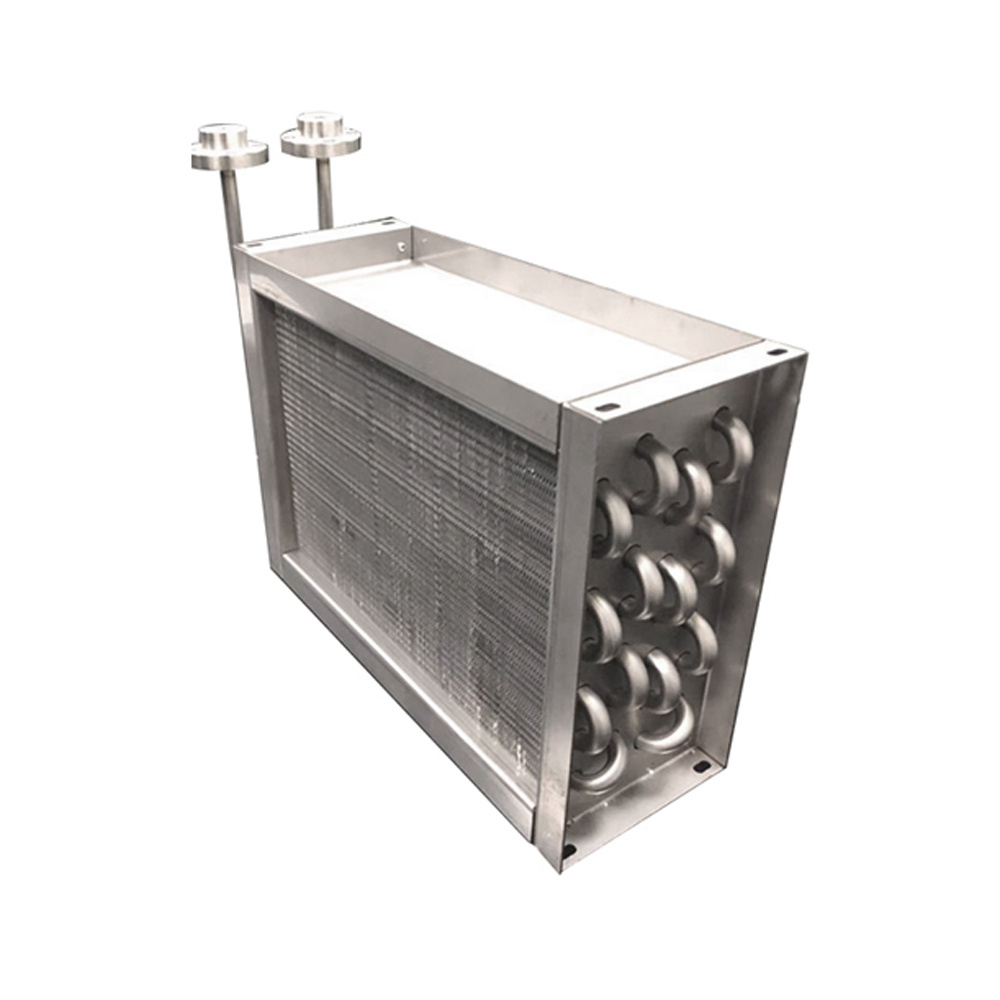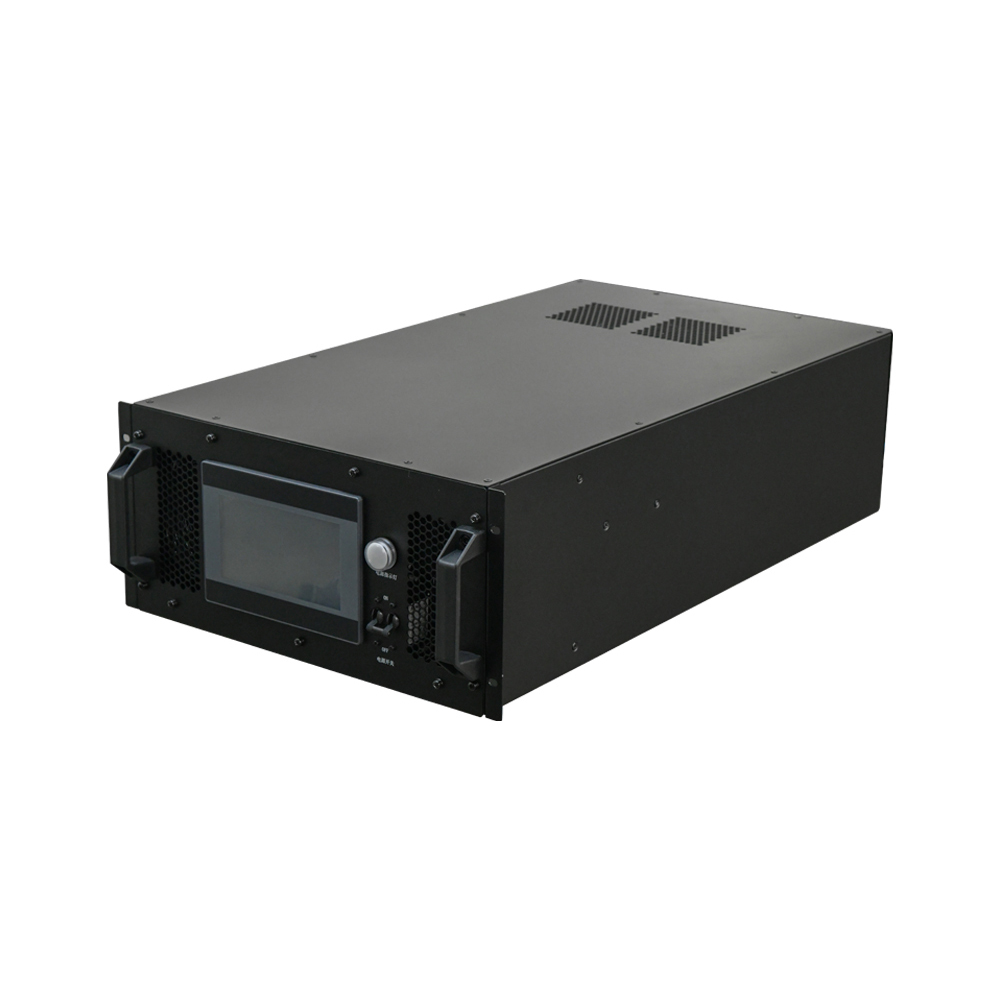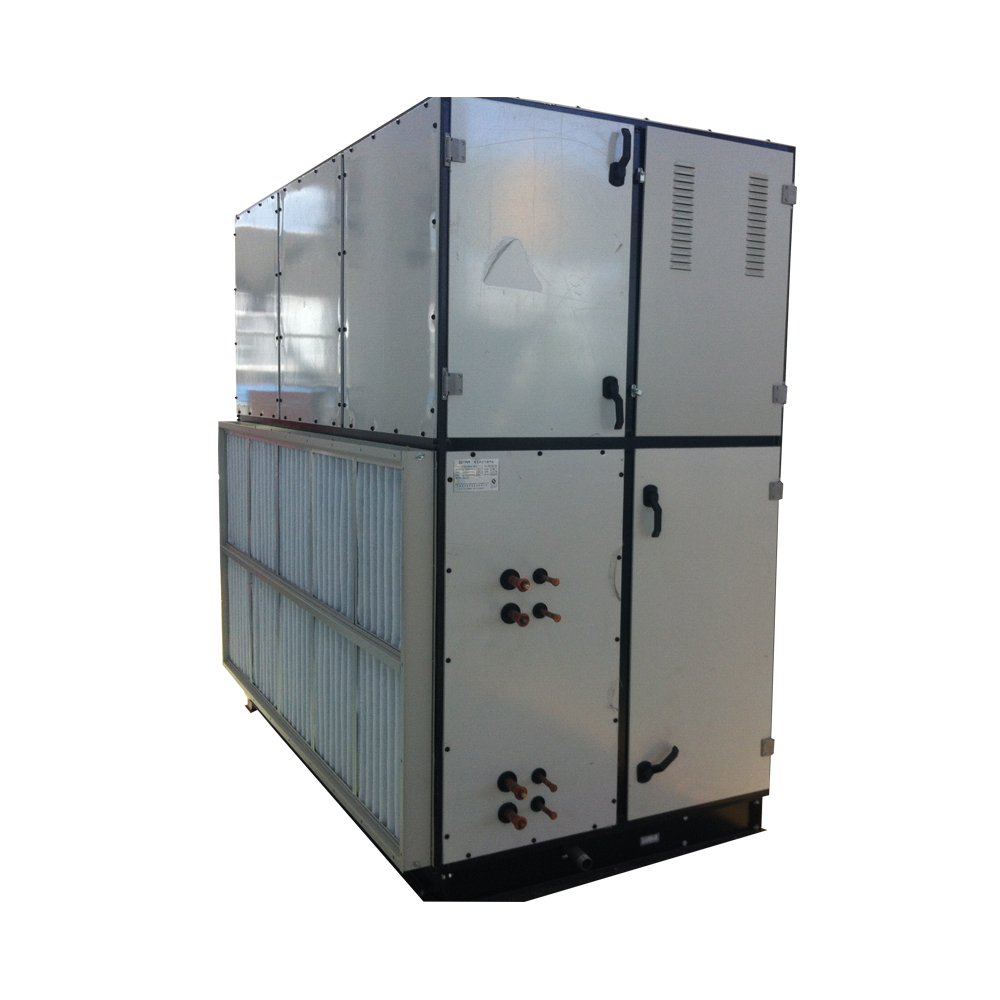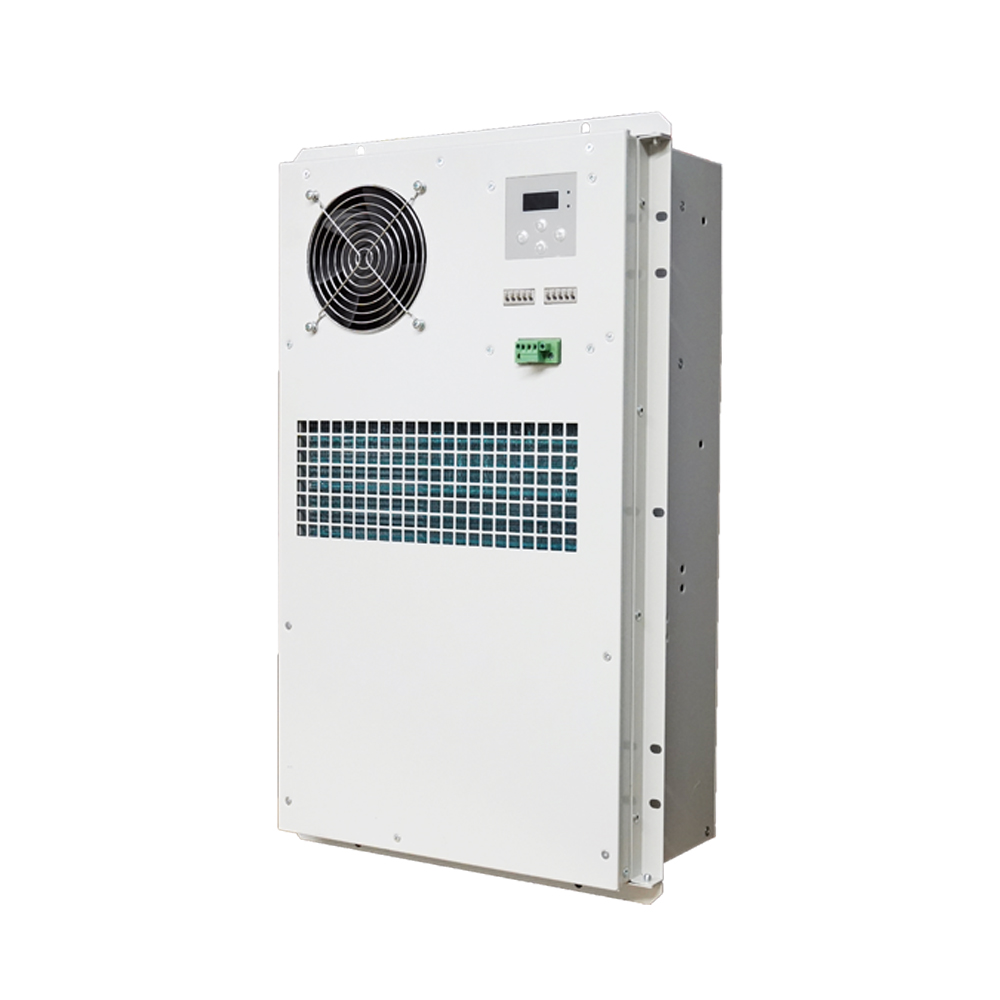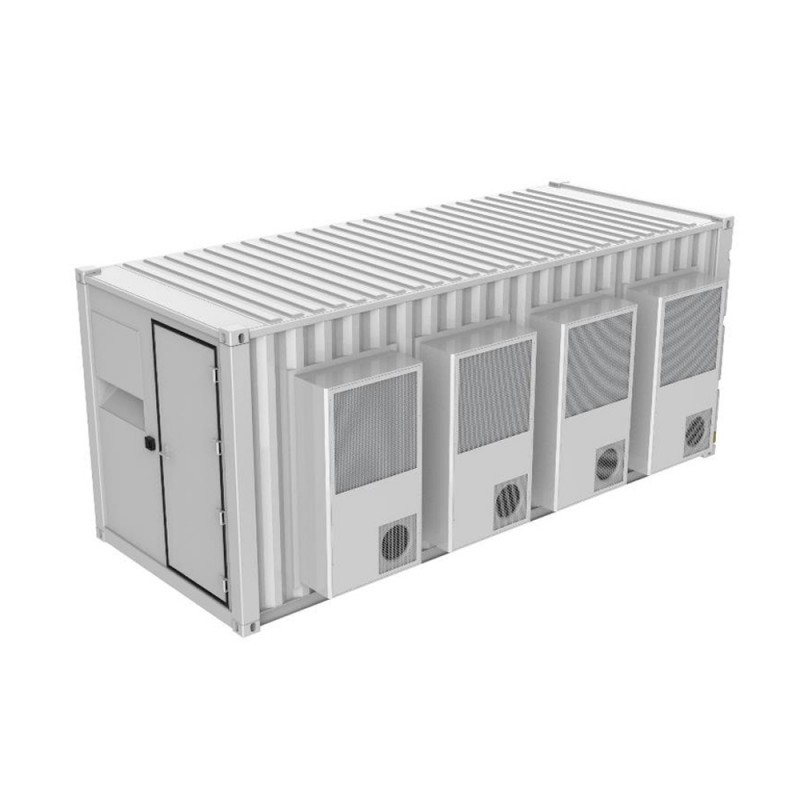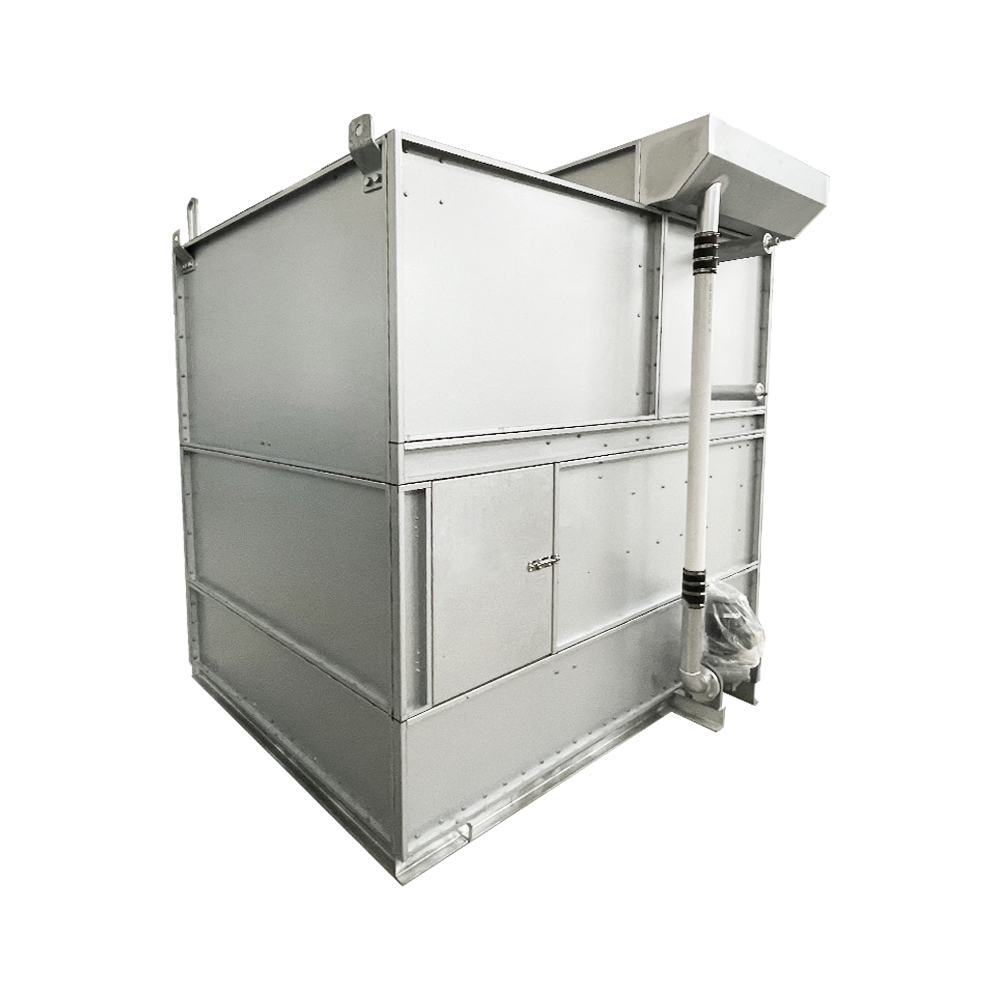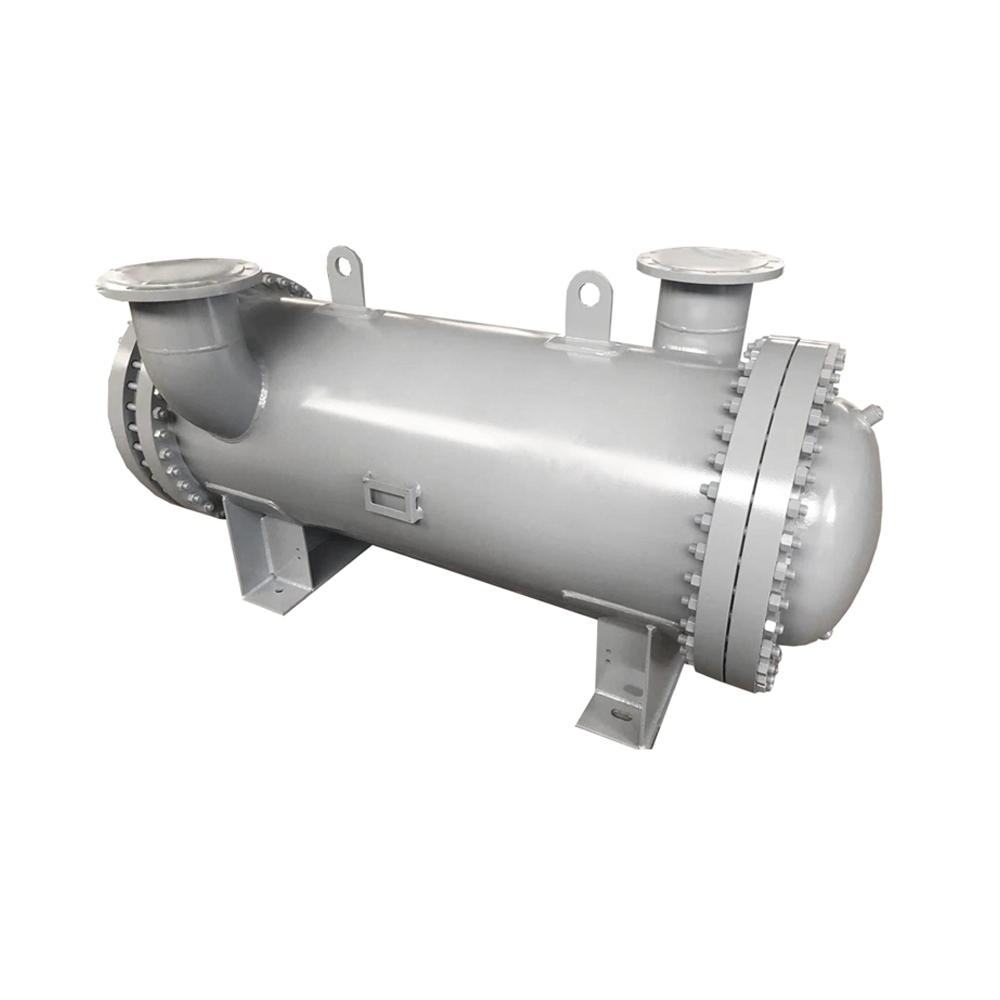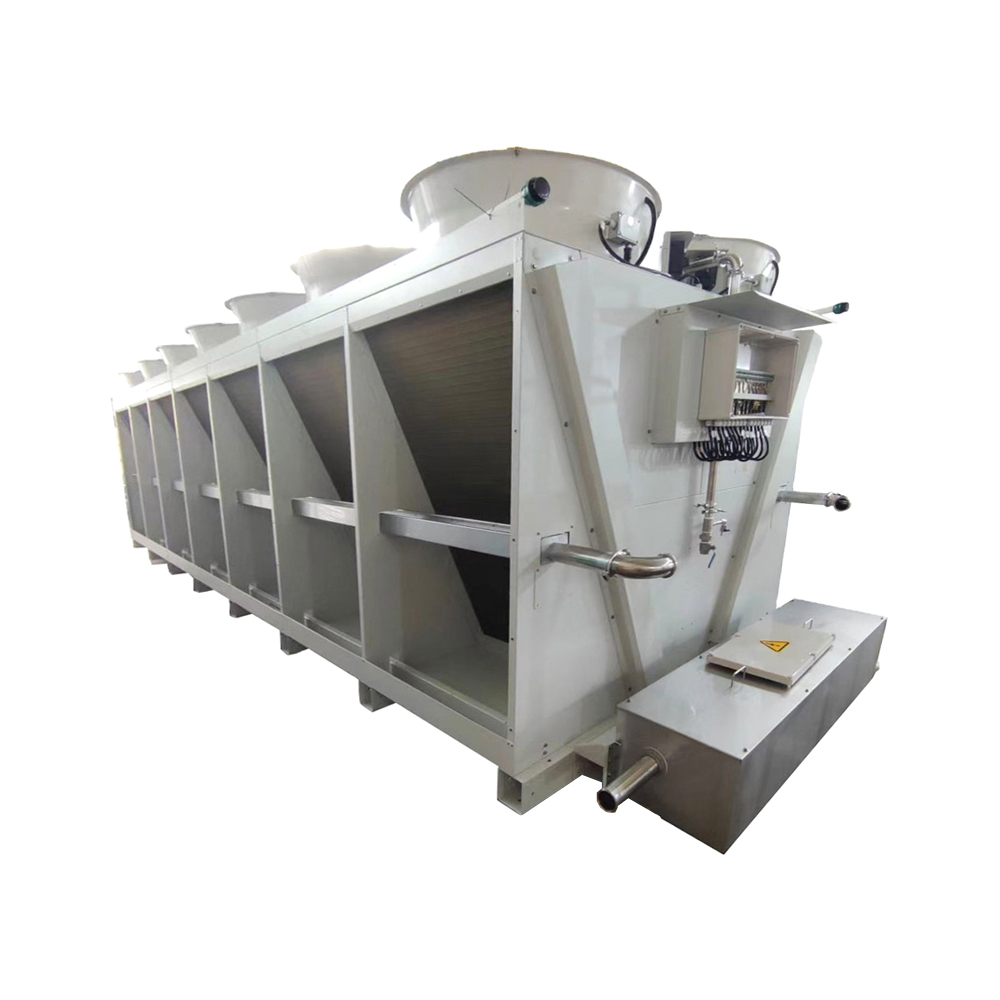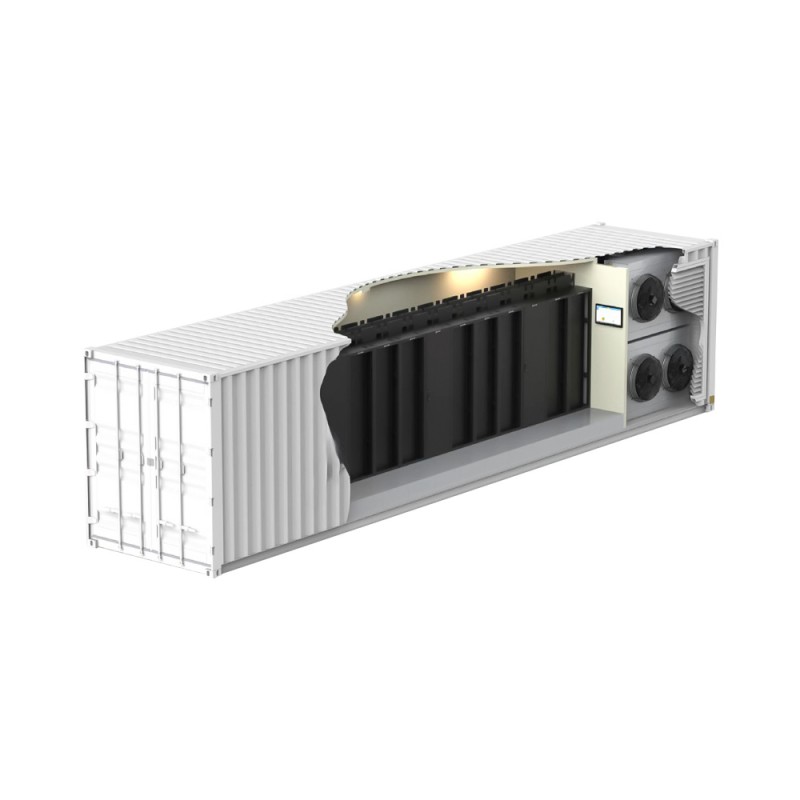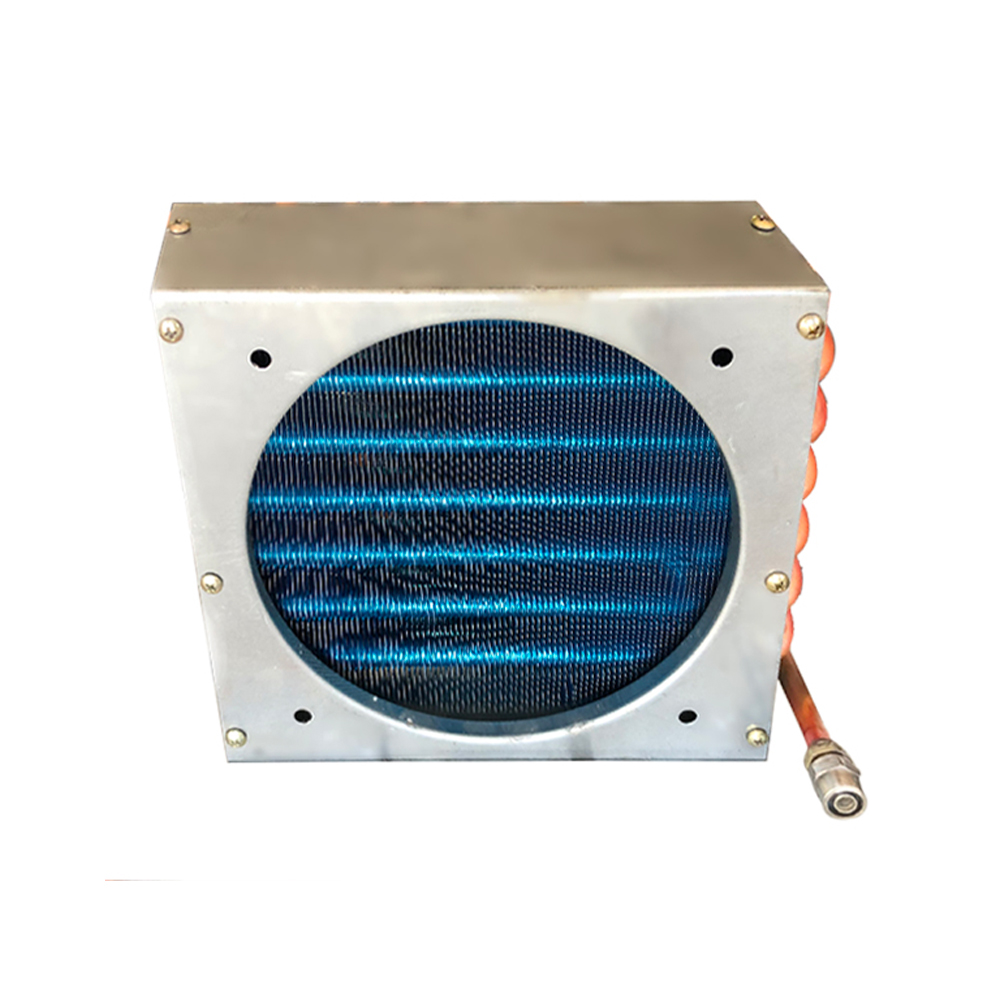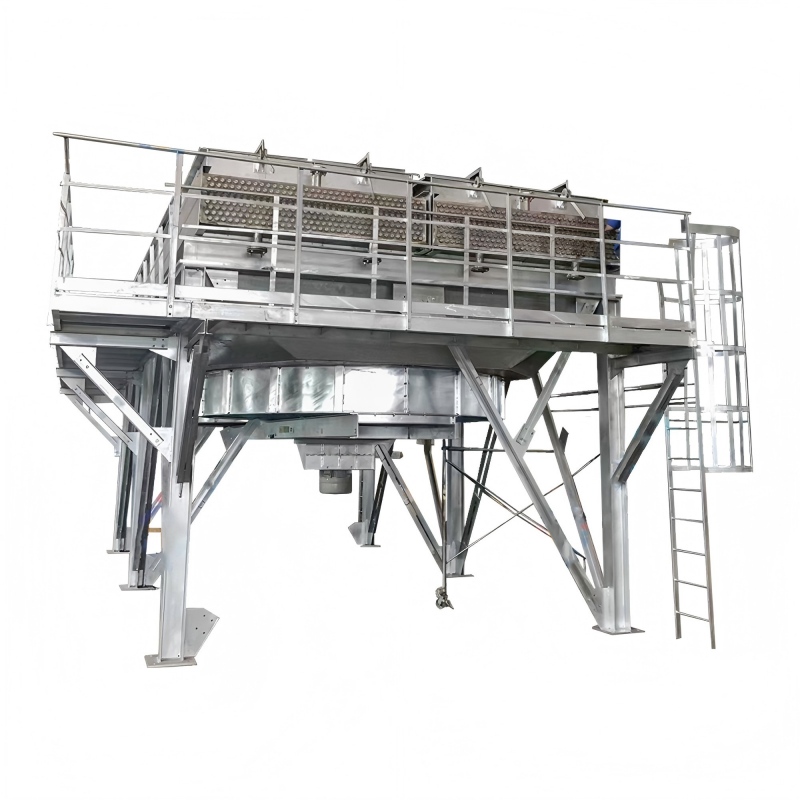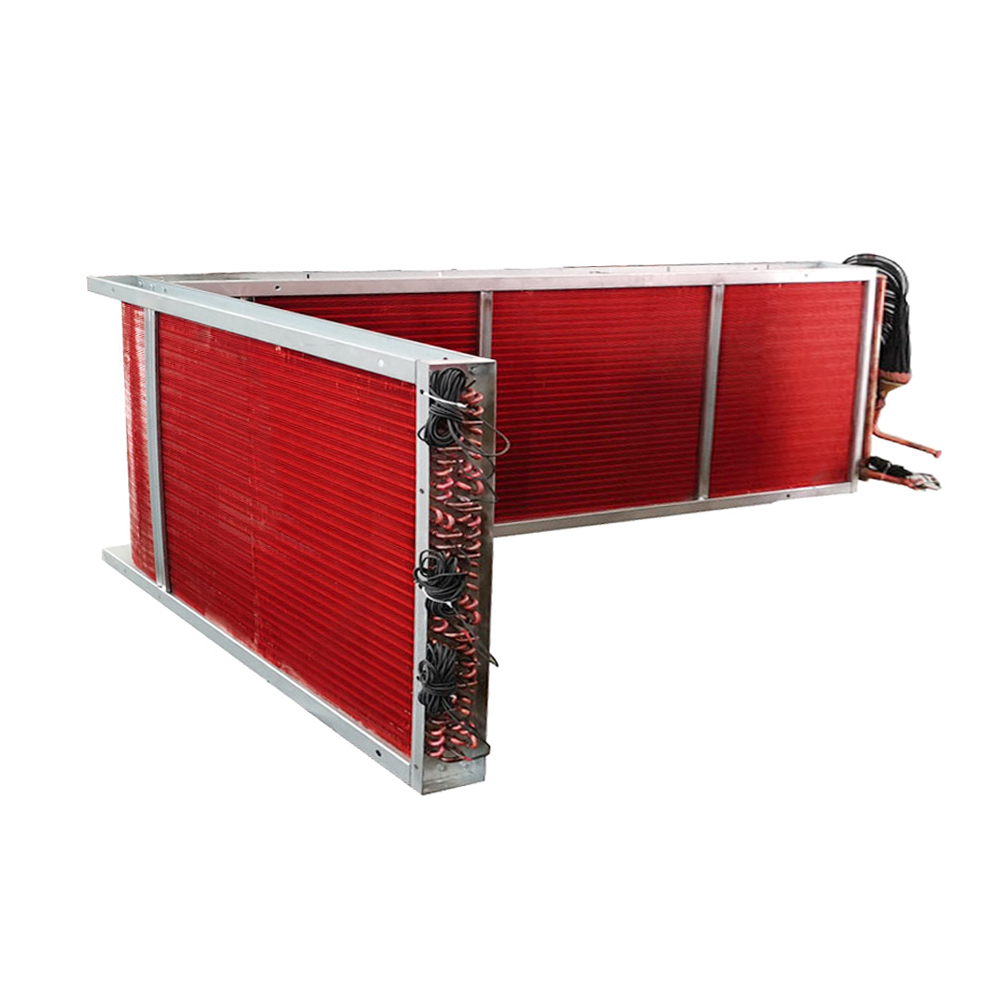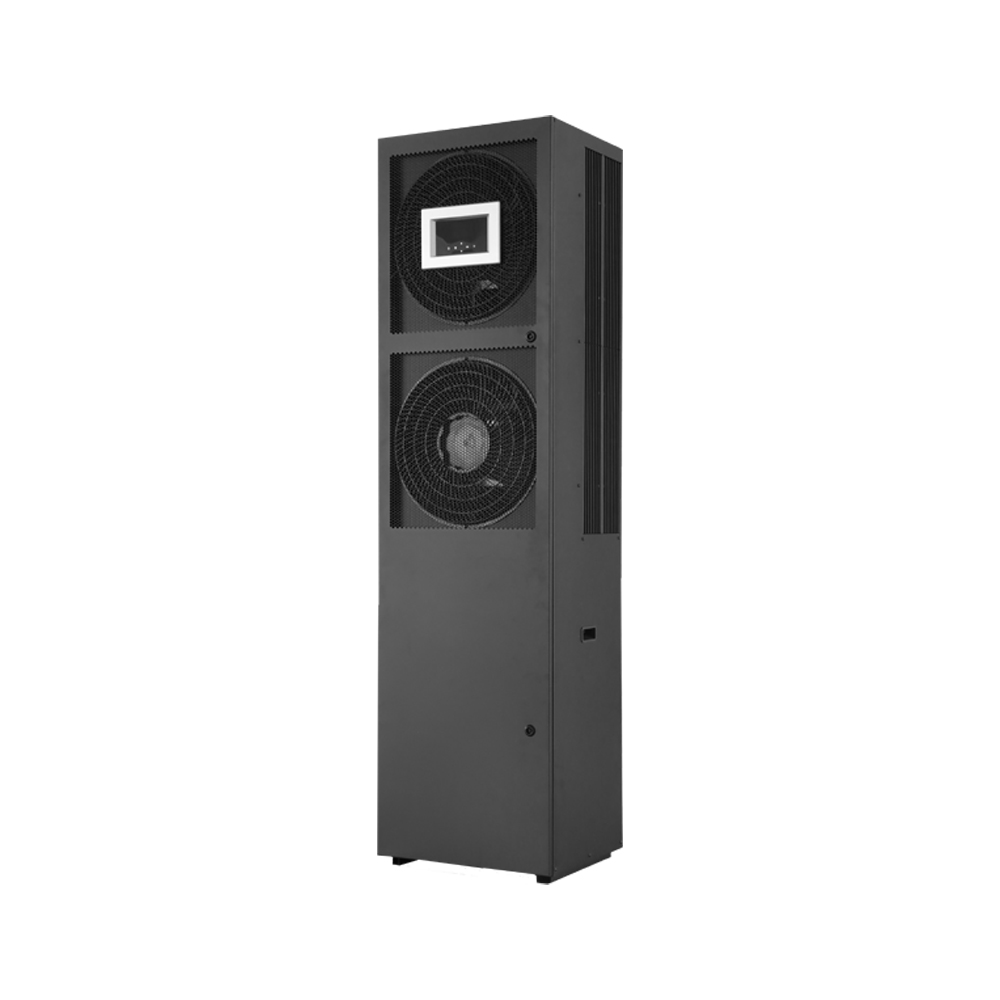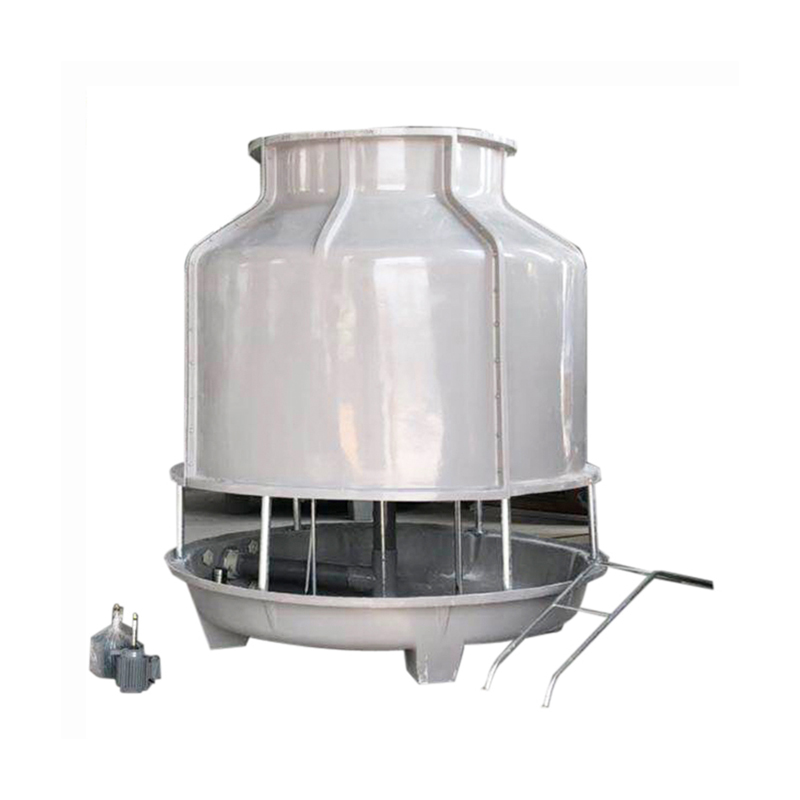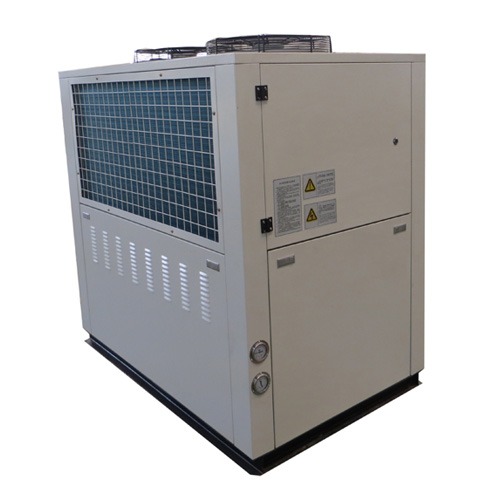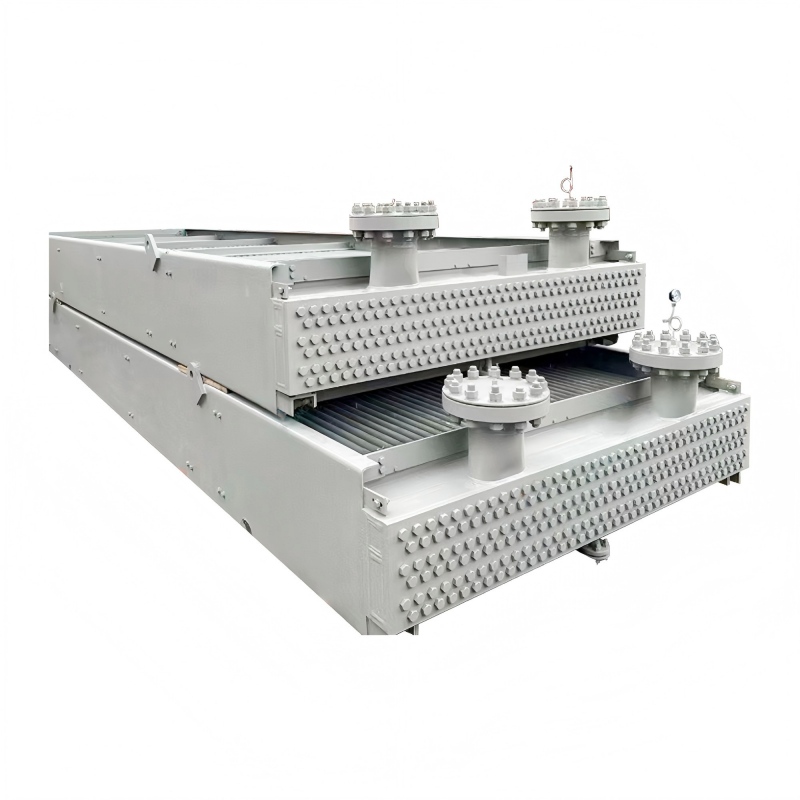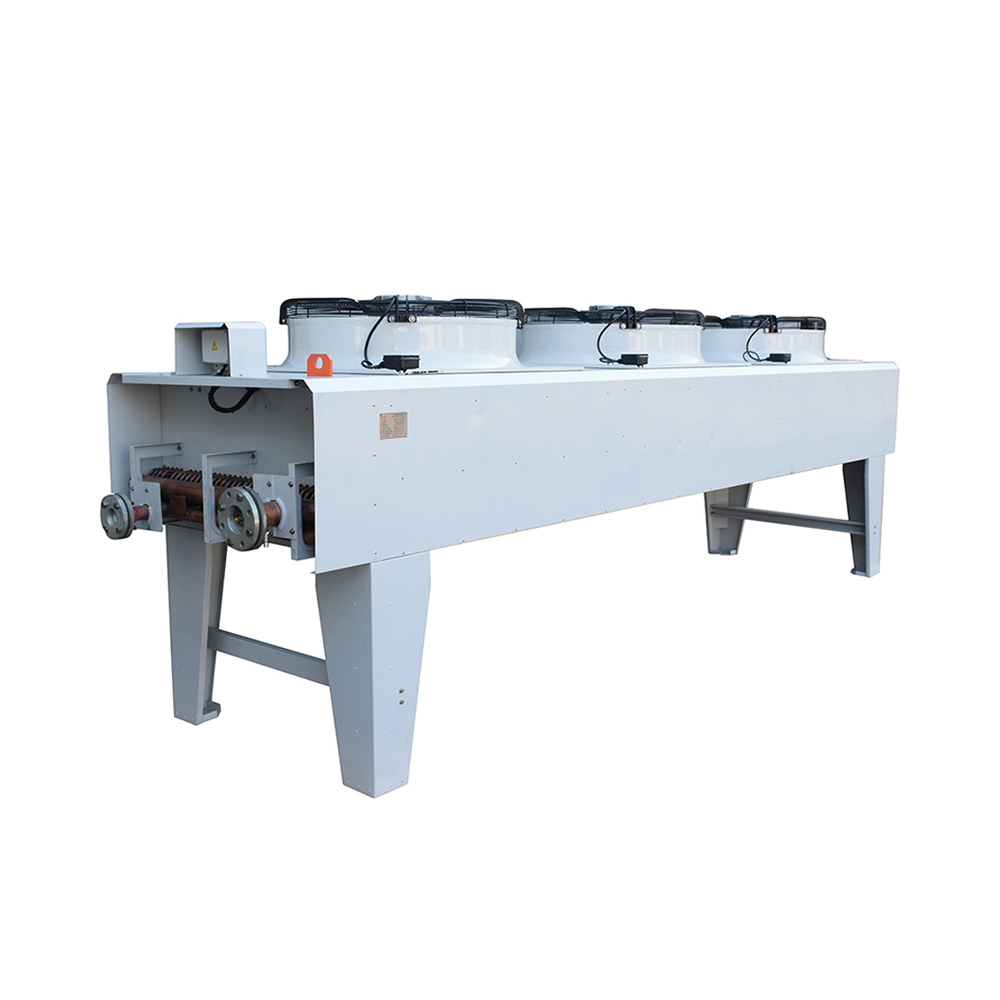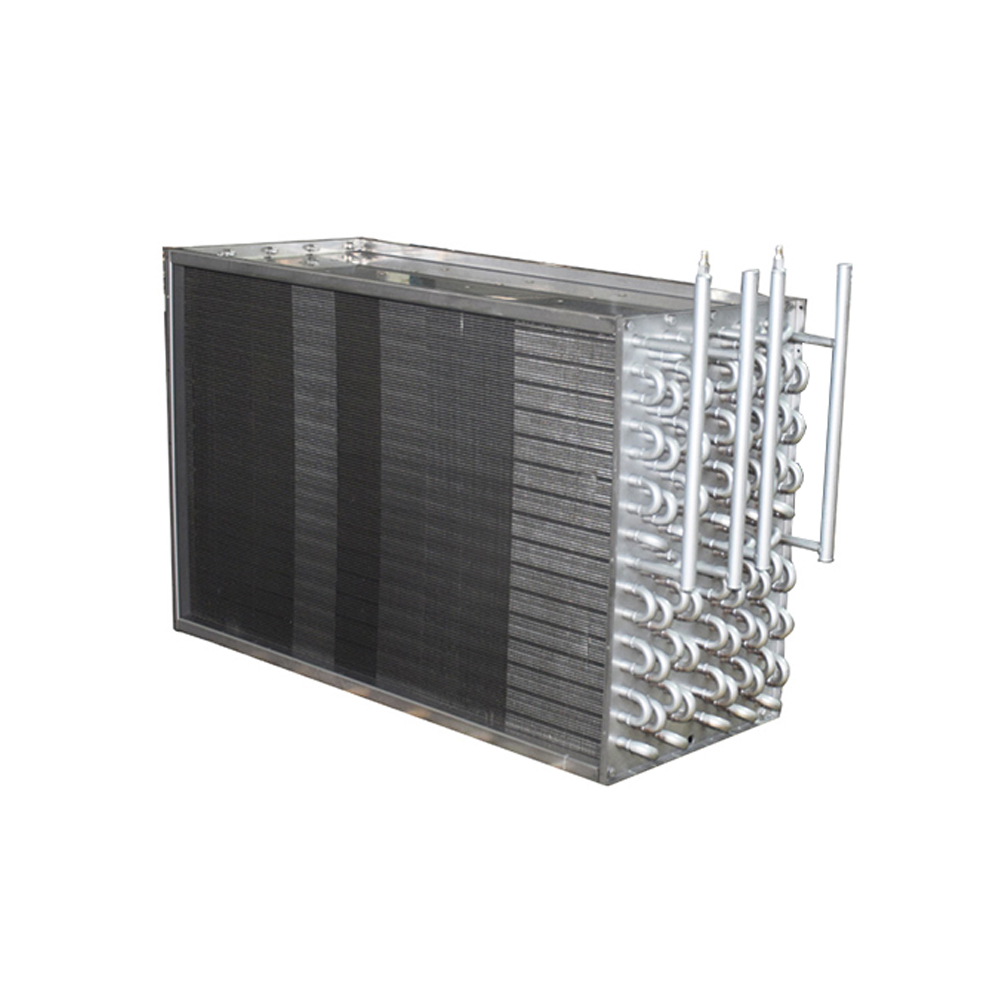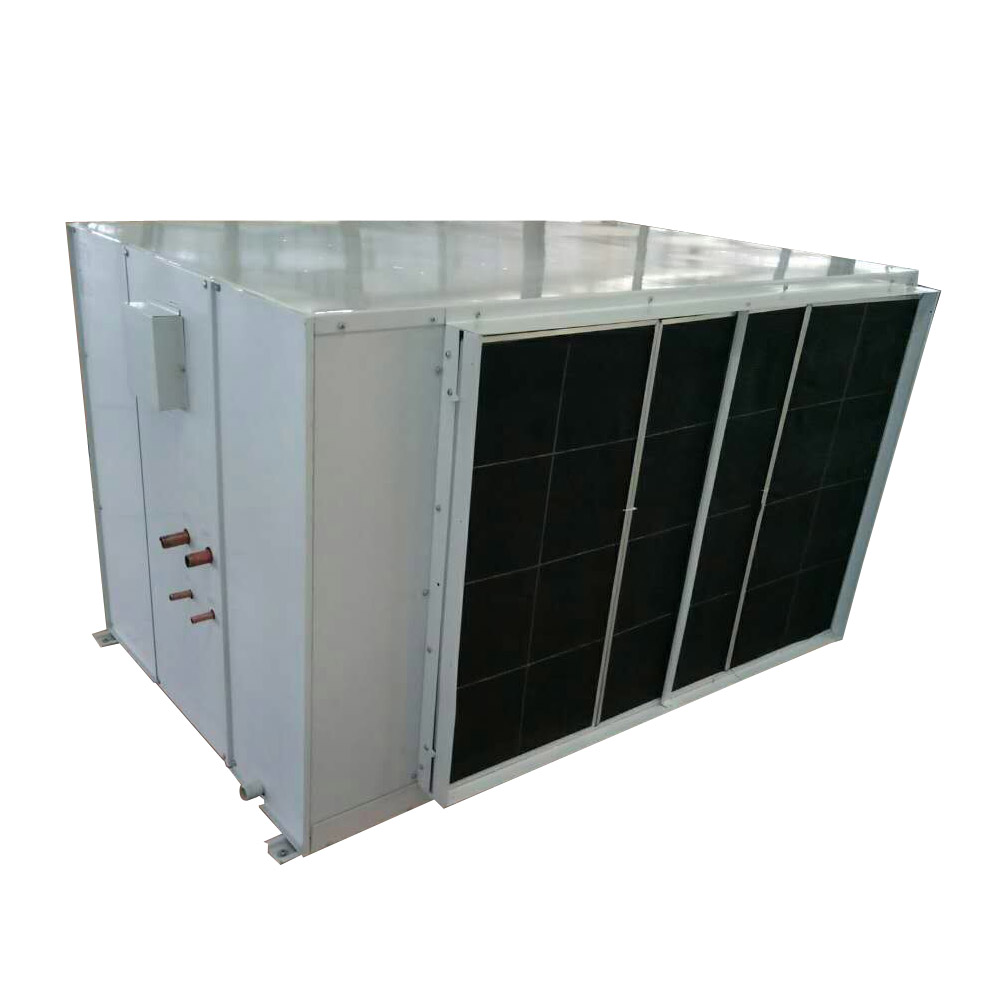This comprehensive guide explores the world of air coils, providing insights into their various types, applications, and selection criteria. Learn about the key factors to consider when choosing air coils for your specific needs, ensuring optimal performance and efficiency. We'll cover everything from basic principles to advanced considerations, making this resource valuable for both beginners and experienced professionals.
Types of Air Coils
Finned Tube Air Coils
Finned tube air coils are the most common type, featuring tubes with extended fins to maximize heat transfer surface area. These coils are highly efficient and are widely used in various HVAC applications. The fin material (aluminum, copper, etc.) and the tube material impact the coil's overall performance and durability. Consider factors like airflow resistance and the coil's capacity to handle pressure drops.
Plate Fin Air Coils
Plate fin air coils consist of plates with integrated fins, offering a compact design with high heat transfer efficiency. These are often preferred in applications where space is limited. The brazing process used in manufacturing affects the coil's reliability and longevity. Different plate geometries can be used to optimize performance for specific needs. Understanding the differences in manufacturing process is key for selecting the most suitable air coils.
Microchannel Air Coils
Microchannel air coils utilize small-diameter tubes, increasing the heat transfer area significantly. They are known for their high efficiency and reduced refrigerant charge, making them environmentally friendly. However, they can be more susceptible to clogging and require careful cleaning and maintenance. Shanghai SHENGLIN M&E Technology Co.,Ltd (https://www.ShenglinCoolers.com/) offers a variety of high-quality air coils, including microchannel options.
Factors to Consider When Selecting Air Coils
Choosing the right air coils requires careful consideration of several factors:
Capacity and Performance
The coil's capacity should match the heating or cooling load of the application. This involves considering factors like the space to be cooled or heated, the desired temperature, and the climate. Consult with HVAC professionals or use relevant calculation software for accurate capacity determination. Inadequate capacity can lead to inefficiencies while oversizing can be costly.
Material and Construction
The choice of materials (copper, aluminum, etc.) impacts the coil's durability, corrosion resistance, and overall performance. The construction method also plays a role in the coil's reliability and lifespan. Shanghai SHENGLIN M&E Technology Co.,Ltd prides itself on using high-quality materials and robust manufacturing processes.
Airflow and Pressure Drop
The coil's design affects airflow and pressure drop, which can impact the overall system efficiency. Selecting a coil with appropriate airflow characteristics ensures optimal performance. Poor airflow design can lead to increased energy consumption and reduced efficiency.
Air Coil Applications
Air coils find applications across various industries, including:
- HVAC systems in buildings
- Industrial refrigeration
- Process cooling
- Data centers
Comparison of Air Coil Types
| Feature | Finned Tube | Plate Fin | Microchannel |
| Heat Transfer Efficiency | High | Very High | Excellent |
| Size and Weight | Moderate | Compact | Compact |
| Cost | Moderate | Moderate to High | High |
Remember to consult with a qualified HVAC professional for assistance in selecting and installing the appropriate air coils for your specific application.









